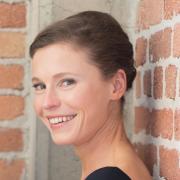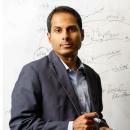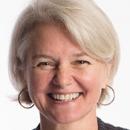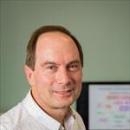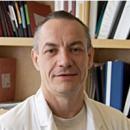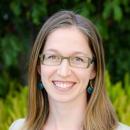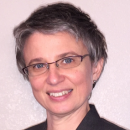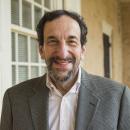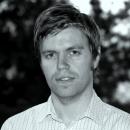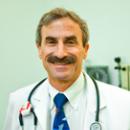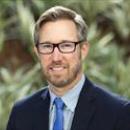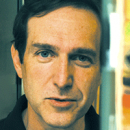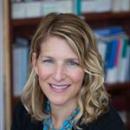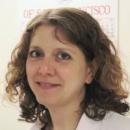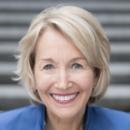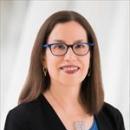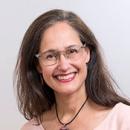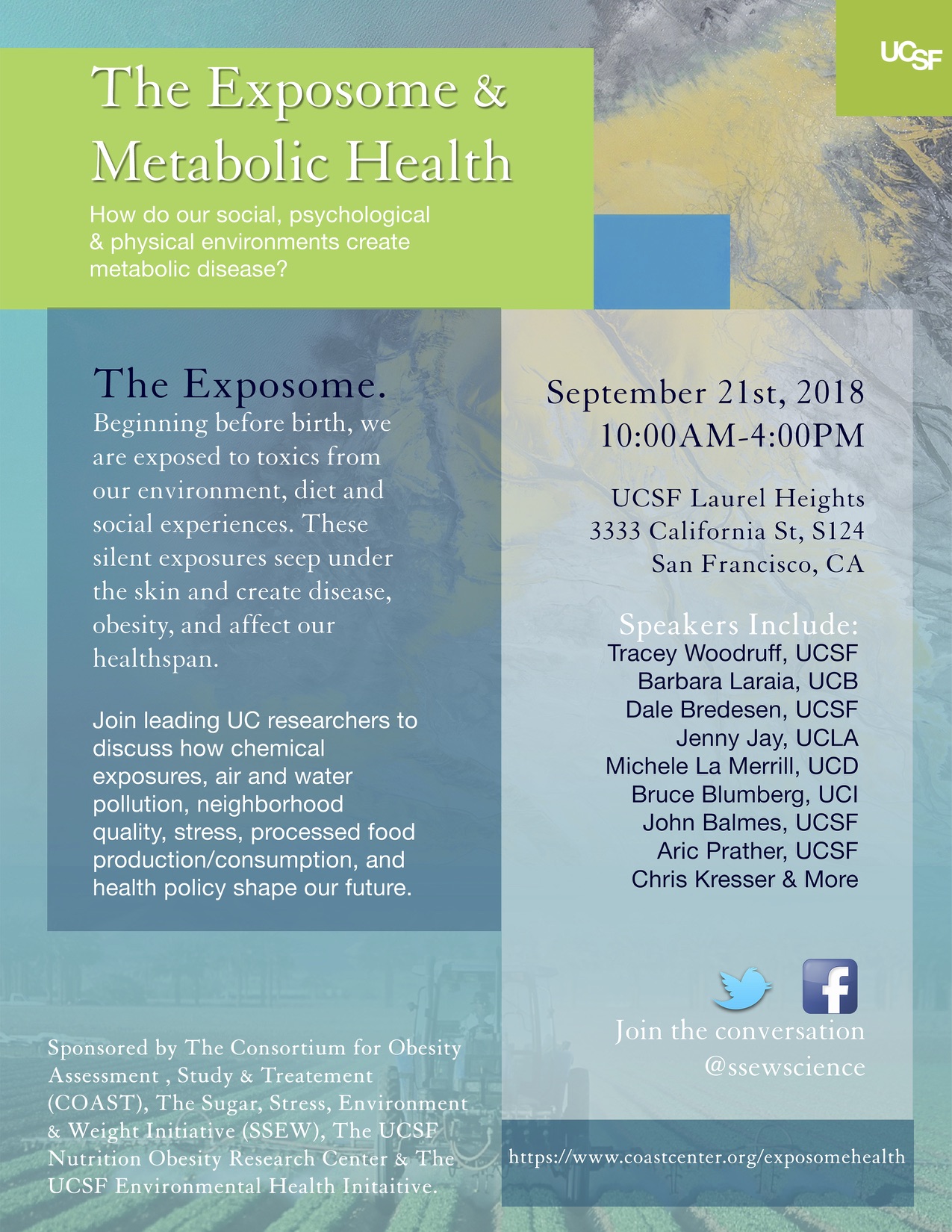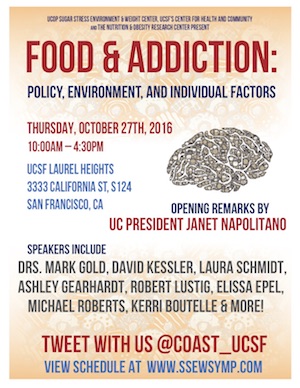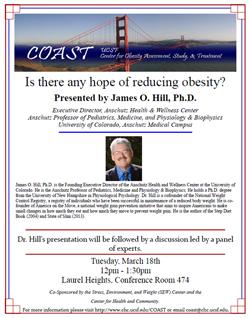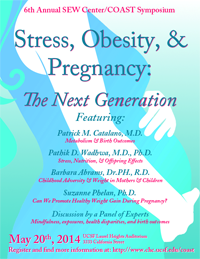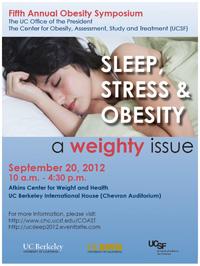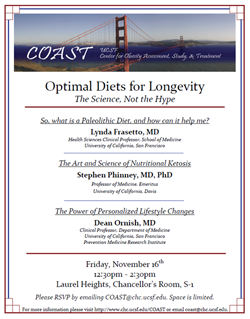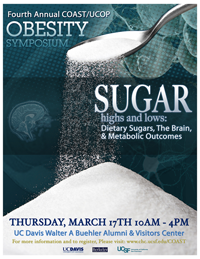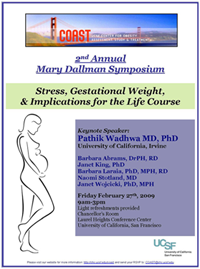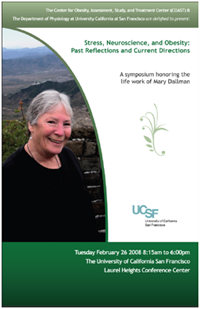Our mission is to reduce the prevalence and adverse consequences of obesity. We seek to advance knowledge and understanding of the mechanisms by which socioeconomic and psychological stress influences obesity, and to develop effective and innovative interventions.
Elissa Epel, COAST Director
Aging, Metabolism and Emotion Center (AME)
Consortium for Obesity Assessment, Study, and Treatment (COAST) is a multidisciplinary research center based at the University of California, San Francisco, and is part of the UCSF NIDDK NORC and Center for Health and Community (CHC).
We conduct innovative research that helps to further understand the mechanisms by which stress influences obesity. Our research team also develops effective, evidence based interventions that take into account environmental factors contributing to a toxic food supply, socioeconomic and psychological stress, reward drive, and food addiction.
Working in interdisciplinary teams across the University, our clinical and translational research team investigates the influence of psychosocial stressors on metabolism, eating behavior and nutrition, physical activity, fat distribution, and weight gain trajectories throughout the life course of diverse populations. We test translational research concepts spanning from basic science to epidemiologic and intervention studies. In addition to traditional clinical trials, we actively support studies that are multi-level interventions, like the UCSF Healthy Beverage Initiative, as well as a new model of clinical intervention development research, influenced by the NIH ORBIT model and Science of Behavior Change.
Epel and colleagues led the COAST center for 10 years, funded in part by grants from the UCOP Multicampus Research Program. (2007 to 2017). COAST is no longer a separate center but is now part of the UCSF NORC. The decade of COAST annual meetings provides a valuable video resource on many evergreen topics, as shown below.
